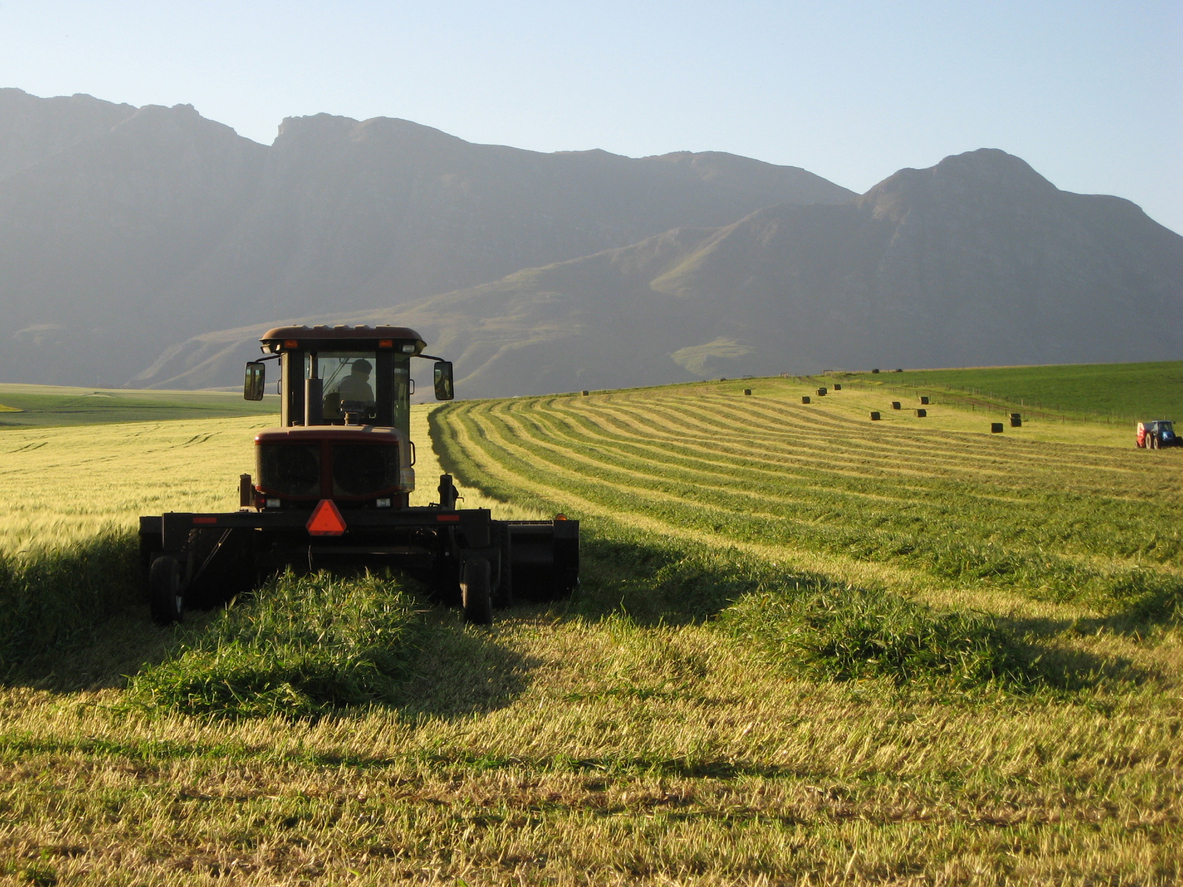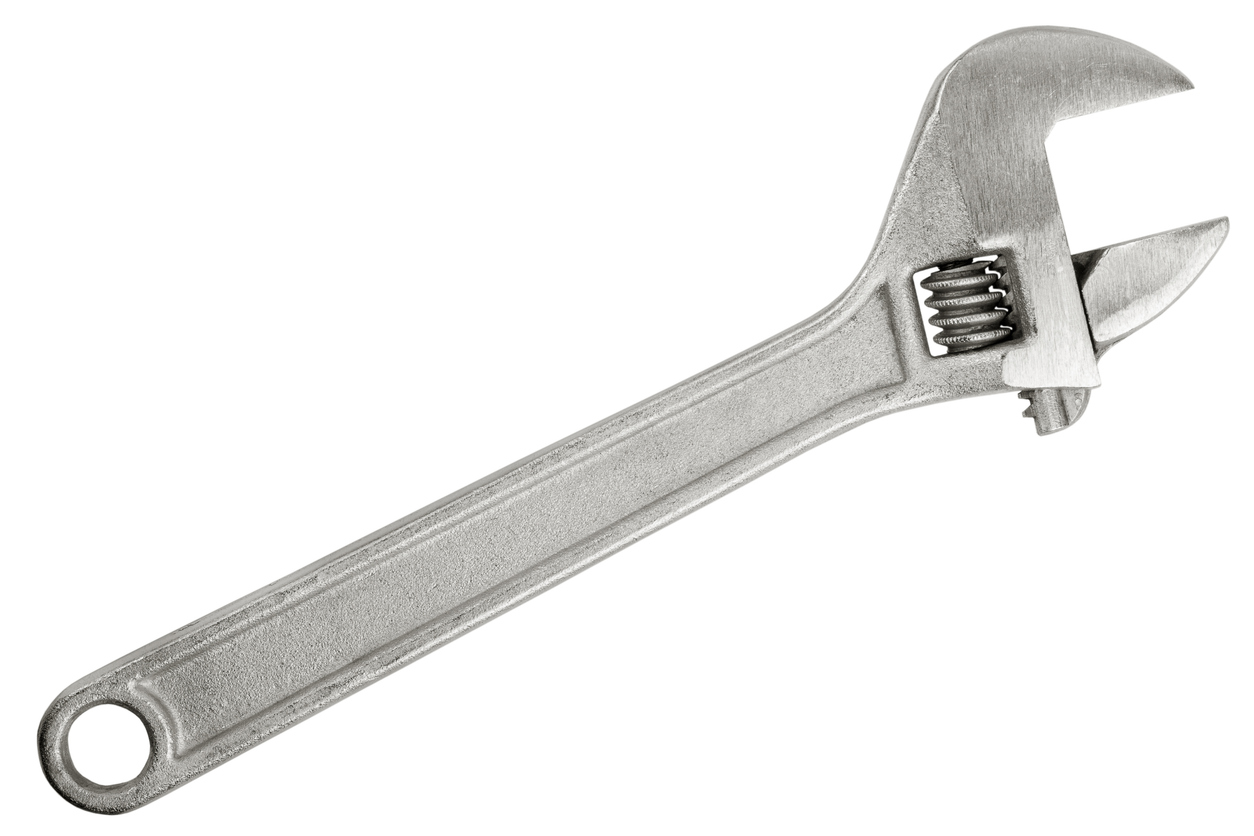Cashcrop Farming: The Ins and Outs of Growing Crops to Make Money
Cashcrop Farming: The Ins and Outs of Growing Crops to Make Money
Cashcrop farming is a type of agriculture where crops are grown specifically for sale, rather than for personal use or consumption. Cash crops are typically high-value crops that can be sold in markets for a profit. Common cash crops include coffee, cocoa, tobacco, sugarcane, and fruits. Cashcrop farming is a popular way for small farmers to make a living, as it requires less land and capital than other types of farming. However, cashcrop farming can also be risky, as farmers are often at the mercy of volatile markets. In this article, we’ll explore the ins and outs of cashcrop farming, including the risks and rewards.
What is cashcrop farming?
Cashcrop farming is the practice of growing high-value crops for sale to earn money. Unlike subsistence farming, where farmers grow crops to feed themselves, cashcrop farmers don’t grow crops to meet their own needs. Instead, they plant crops that will generate income, such as tobacco or coffee beans. Many small farmers rely on cashcrop farming to make a living, as cash crops require less land and capital than livestock or other types of crops. The word “cash” refers to the ability of a crop to generate income quickly. Unlike crops that are harvested and sold later, cash crops are typically harvested once and sold immediately for cash. That’s why they’re known as “cash crops.”
The history of cashcrop farming
The term “cash crop” was coined in the early 1900s, when the idea of agricultural specialization was first gaining popularity. This new approach was meant to help farmers increase their income, as growing a variety of crops had stopped being profitable as land values rose. However, specialization could be criticized for having an adverse effect on food security. Increased production of cash crops could lead to less production of food, which would affect the diets of people who can’t afford to buy food. By around the end of the 1950s, the term “cash crop” became established as the name for crops that were grown primarily to earn money. The term “specialty crop” is often used interchangeably with “cash crop,” though they don’t mean exactly the same thing. Specialty crops are grown for a specific market, and may or may not be profitable. Cash crops are grown only to make money, but not for a specific market.
The benefits of cashcrop farming
As we’ve discussed, cashcrop farming offers several benefits to farmers, including less land and capital than livestock or other types of crops. However, these are the most significant benefits: Higher yields – Some cash crops produce up to eight times more per acre than staple crops, like corn or wheat, do. This means that farmers can produce more crops with less effort, land, and investment. The ability to control the harvest – With staple crops, the harvest can be quite unpredictable. For example, you may plant corn at the optimal time only to have it destroyed by flooding or drought. With cash crops, you can control the harvest by picking the crops at the optimal time. This allows you to maximize your profits.
The risks of cashcrop farming
As with any business venture, there are risks associated with cashcrop farming. The most significant risk is that you’re completely dependent on the success of a particular crop. If the market for your product collapses, you could lose everything. Another risk is that you’re competing against large corporations, which have greater resources to invest in research and development. In short, you’ll need to carefully consider the risks before committing to cashcrop farming. If you’re committed to the idea of cashcrop farming, you may want to develop a business plan. A business plan is a detailed strategy that outlines your goals and how you’re going to achieve them. It’s a helpful tool for both entrepreneurs and investors, as it allows you to clearly communicate your ideas.
How to start cashcrop farming
To start cashcrop farming, you’ll need to select the crops that you’re going to grow. You should only select crops that you’re familiar with, as you need to have expertise in each crop in order to optimize your profits. Once you’ve chosen your crops, you’ll need to decide when to plant and harvest them. You’ll want to plant your crops at the optimal time, as that’s when the demand for your product is the highest. Harvesting at the optimal time is just as important, as you don’t want to sell your crops when the demand is low. Finally, you’ll need to consider your options for financing. Like most other businesses, cashcrop farming requires capital. You may be able to borrow money or receive financing from lenders, like the Small Business Administration.
Tips for success in cashcrop farming
No matter which crops you decide to grow, there are some general tips that can help you be successful in cashcrop farming. Here are some things to keep in mind: Choose crops that you’re familiar with – This will allow you to maximize your profits. Invest in high-quality seeds – The quality of your seeds can greatly affect the yield of your crops. Poor seeds can result in low-quality crops, which can negatively impact your bottom line. Invest in harvesting equipment – Harvesting crops at the optimal time can help you maximize your profits. Invest in pest control – Pests can destroy an entire crop, so it’s important to take steps to prevent infestations.
Conclusion
Now that you understand what cashcrop farming is and the risks and benefits, you’re ready to commit to planting crops that you can sell for cash. While cashcrop farming can be a great way to make money, it’s important to carefully consider the risks and make sure that you’re prepared.








LEAVE A COMMENT
You must be logged in to post a comment.